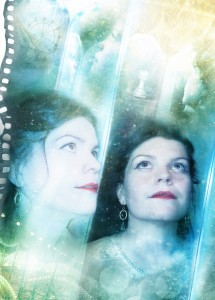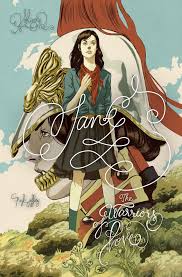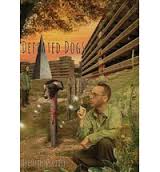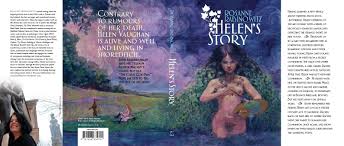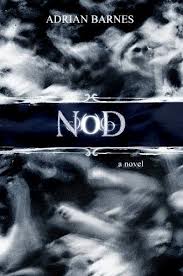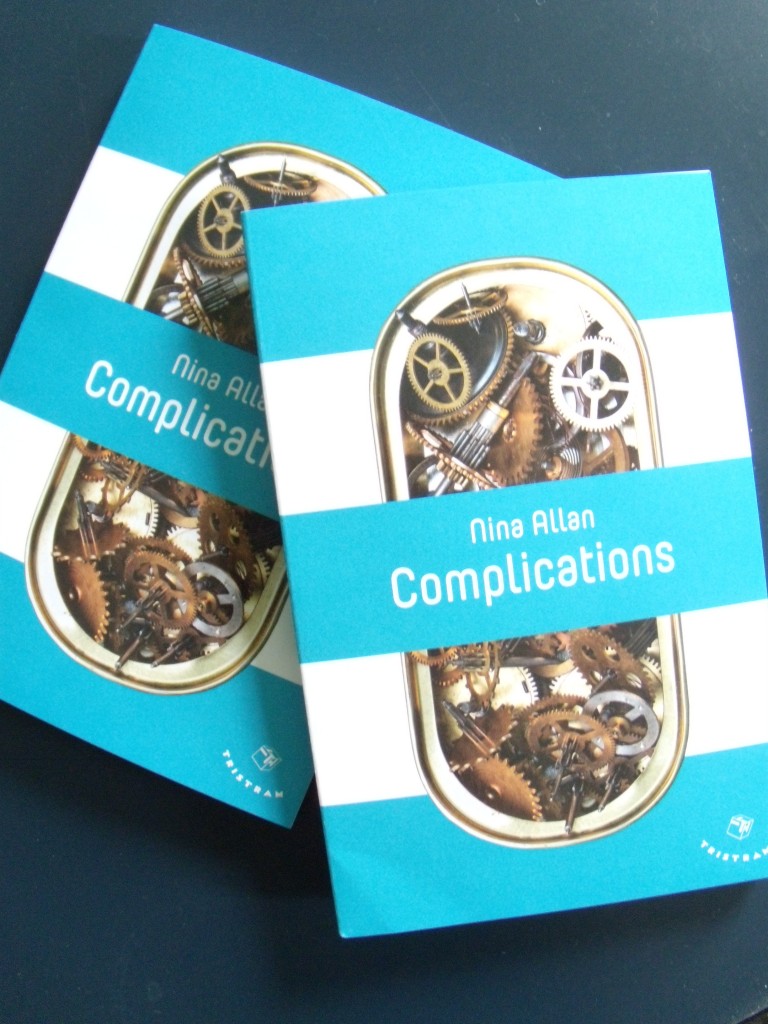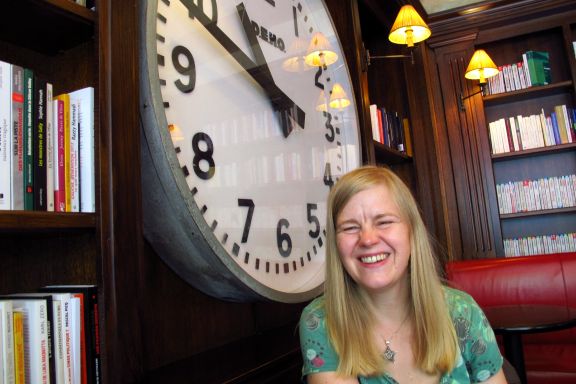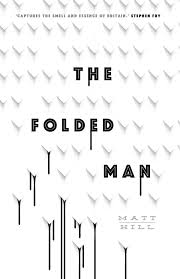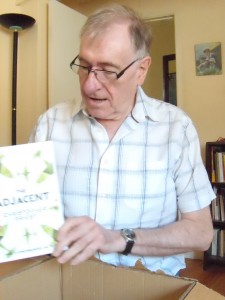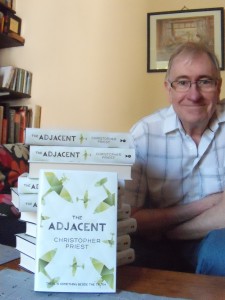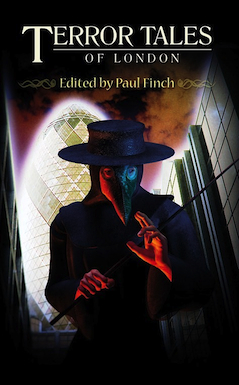At just over four hundred pages, The Adjacent is Christopher Priest’s longest book to date. It would have to be, to contain as much as it does – depending on how you count them, there are up to eight different narrative strands in The Adjacent – but at its most basic level, the novel is a simple love story. The story of Tibor Tarent, a freelance photographer searching for the truth about what really happened to his wife Melanie, is the driving engine of this marvellous narrative from the first page until the last. As Tarent travels through a near-future Britain devastated by climate change and by other, still more sinister forces, further stories reveal themselves, offering us glimpses of the past and of other realities that may themselves somehow – mysteriously – also be a part of Tarent’s personal odyssey.
For me, one of the most remarkable aspects of Christopher Priest’s fiction has always been its way of combining complicated, elusive truths with addictive readability. There are very few writers I know of who can do this. There are writers who tell amazing stories – but their novels do not always hold enough in the way of philosophical or formal complexity to survive much in the way of critical analysis. And there are those writers who can not only survive critical analysis, they’re gifted and erudite enough to chew up the critics for a snack and still get part of a new chapter written before bedtime – but they are not always the writers you turn to for sheer visceral excitement and page-turning pleasure.
The writer who can provide both intellectual sustenance and a true sense of narrative wonderment is a very special writer indeed, and Christopher Priest is one of them. No matter how big and how complex Priest’s story arcs – and the story arc of The Adjacent might be his biggest and most complex yet – they are guaranteed to provide the kind of reading pleasure that has you flying through the pages, desperate to discover what is going on and what will happen.
Tibor Tarent had been travelling so long, from so far, hustled by officials through borders and zones, treated with deference but nonetheless made to move quickly from one place to the next. And the mix of vehicles: a helicopter, a train with covered windows, a fast-moving boat of some kind, an aircraft, then a Mebsher personnel carrier. Finally he was taken on board another ship, a passenger ferry, where a cabin was made ready for him and he slept fitfully through most of the voyage. One of the officials, a woman, travelled with him, but she remained discreetly unapproachable. They were heading up the English Channel under a dark grey sky, the land distantly in view – when he went up to the boat deck the wind was stiff and laced with sleet and he did not stay there for long.
This is the first paragraph of The Adjacent – and by the time we reach the end of it we are already in the midst of story. The prose is descriptive but economical, as Priest’s prose always is – there’s enough detail here to fascinate, but not so much as to make us feel bogged down in extraneous words. And we want to read on – indeed, it would be difficult not to. Who is Tarent and where is he going? Why is he in the company of these officials? What is a Mebsher?
More to the point, when are we?
All these questions get answered relatively swiftly, but others arise with equal rapidity to take their place. We travel with Tarent, we lose track of him for a while and then we find him again. The cast of characters shifts, then changes, then realigns itself. The more we read, the more we learn – or at least we think we do. And we are committed to this journey, constantly exhilarated by it, because no matter how far-flung or how strange the events we witness, there is always at the back and in the heart of them the hot pulse of story.
Chris first began writing what would eventually become The Adjacent in 2008. The difficulties that attended the first publication of The Separation some six years earlier had a paralysing effect (ask him and he’ll tell you about it) and so when The Adjacent finally got going, it was clear from the start that it would necessarily be a big book, a novel that would be both a continuation of some of the themes explored in The Separation, and a radical formal departure from the kind of book The Separation was. A gap-bridger and a bridge-burner, in one.
Such a book demanded perseverance and endurance. Soon after beginning to write it, Chris also embarked on what started as a personal entertainment, something to play with in the evenings as a break from the more protracted, intense concentration needed for work on The Adjacent: a list of the islands of the Dream Archipelago and their various social and geographical idiosyncracies. For a while he continued working on these two projects in tandem, but then gradually his interest in what would be The Islanders took over to such an extent that it became impossible for him not to write it. The Adjacent remained in stasis, frozen at the end of Part 2 (Tibor Tarent in the military compound at Long Sutton, Tommy Trent getting out of the train at Charing Cross) and with the future-ghost of forward momentum almost painfully palpable. Chris resumed work on the novel almost immediately after delivering The Islanders to Simon Spanton at Gollancz in the autumn of 2010, but as a novelist you can never go back, and the very act of writing another book in between had worked seismic changes upon what this next book was about to become.
The Adjacent, like The Separation, is a novel about war and the folly of war. Somewhere towards the end of The Separation, one of its twin protagonists, Joe Sawyer, describes war as a set of vested interests, and one of the central thrusts of that novel lies in demonstrating how even so-called just wars have a tendency towards unpredictable and often undesirable outcomes. This theme is broadened and deepened in The Adjacent, which plays heady games with narrative form and risky subject matter, even as it obliquely warns of the stupidity that is always inherent in deploying super-weapons. That this warning comes giftwrapped in further uncertainties will not come as a surprise to seasoned Priestophiles. Priest’s unreliable narrators and narratives backlight the subjectivity of human experience. More than anything, they remind us of how no two accounts of a thing or an event – a war, an argument, a transformative journey, the reading of a novel – can ever fully coincide, because such experiences are renewed and transformed by each individual who undergoes them.
For every reader of The Adjacent there will come an ‘ah-HA’ moment, a moment when the novel expands to become something else, something greater than the reader thought it might be, offering insights and themes and panoramas they did not see coming. That no two readers will experience this moment the same way, or even at the same point in the book, is something that as The Adjacent‘s first reader I guarantee.
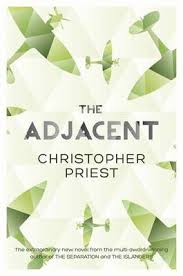 Chris and I first met in 2004. Prior to that I experienced his novels as any other reader would experience them: as fully formed artefacts, as completed works. I had little idea of what to expect in advance beyond the cover blurb, and I came to them with the excitement of discovery that always accompanies the purchase of a new or previously unread novel by a favourite author. My experience of both The Islanders and The Adjacent has been very different. Because I am now so close to Chris’s novels as he is writing them, I can never again have that first delirious Priestian reading experience that many people will be anticipating today as The Adjacent is published, and in some ways there’s no denying that I envy them! I can barely imagine what it might feel like to come upon The Adjacent unprepared, to discover it page by page, with only the smallest clue of where its story might eventually lead me.
Chris and I first met in 2004. Prior to that I experienced his novels as any other reader would experience them: as fully formed artefacts, as completed works. I had little idea of what to expect in advance beyond the cover blurb, and I came to them with the excitement of discovery that always accompanies the purchase of a new or previously unread novel by a favourite author. My experience of both The Islanders and The Adjacent has been very different. Because I am now so close to Chris’s novels as he is writing them, I can never again have that first delirious Priestian reading experience that many people will be anticipating today as The Adjacent is published, and in some ways there’s no denying that I envy them! I can barely imagine what it might feel like to come upon The Adjacent unprepared, to discover it page by page, with only the smallest clue of where its story might eventually lead me.
But then as Chris’s first reader, one of the things I have in exchange is the immense privilege of being present at all those ‘ah-HA!’ moments, when some completely new and unanticipated element of story or narrative comes into play. A sudden insight, or a character that has remained in the shadows up till now, and whose appearance casts the evolving novel in a whole new light.
The Adjacent is an incredible novel. Intricate and robust, dynamic and contemplative, angry and tender, it demands to be read, and talked about, and argued over. Above all though, it demands to be enjoyed.
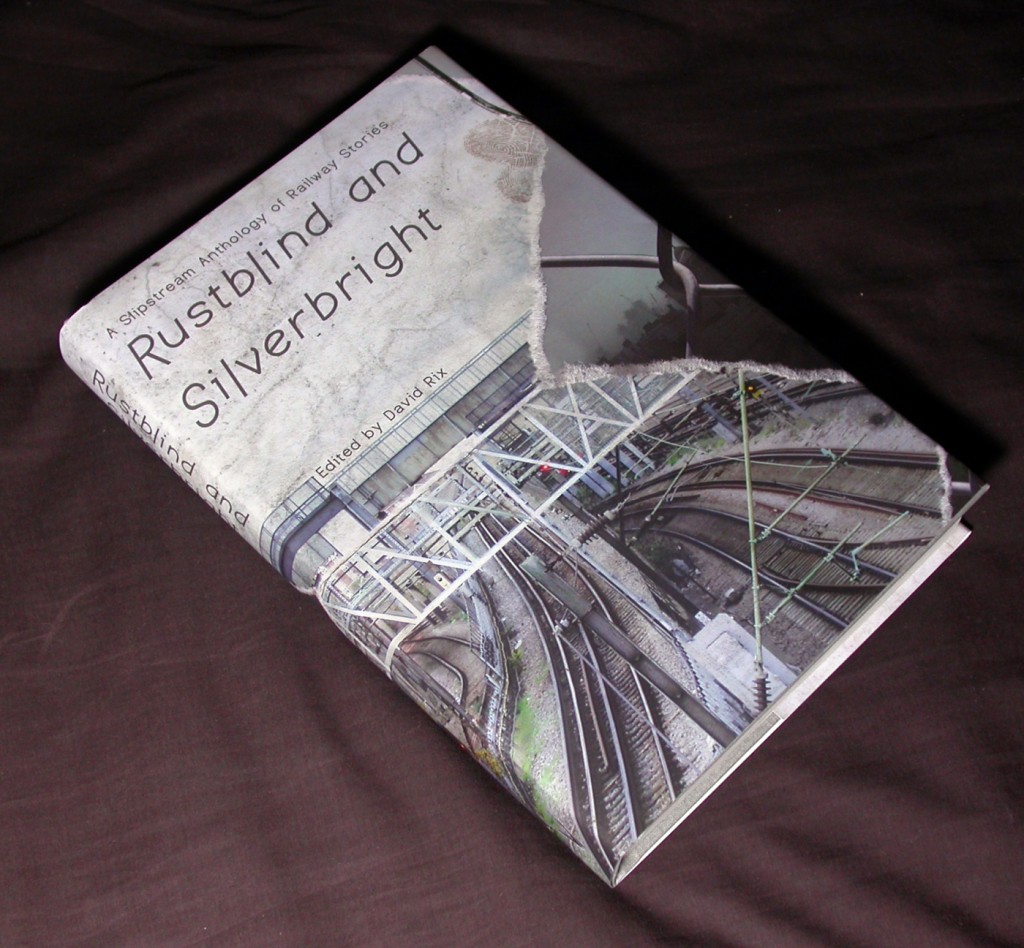 Rustblind and Silverbright is here! Every good book deserves a proper send-off, and I’m delighted to announce that Rustblind will be launched upon the world with all due ceremony – not to mention generous amounts of alcohol – at 7pm this coming Thursday, July 4th, from the excellent Review bookshop at 131 Bellenden Road SE15. That’s just 5 minutes’ walk from Peckham Rye station – head down Bellenden Road to the junction with Choumert Road. The bookshop is opposite The Victoria pub – you can’t miss it. Review is a wonderful independent and independently-minded bookshop, situated in a beautiful, tree-lined South London street (and any of you North Londoners out there about to protest that there is no such thing, just come along and see for yourselves!) with a designated events space and a selection of great cafes and pubs in the immediate vicinity. In short, it’s the perfect venue and we’re delighted that Review is hosting us.
Rustblind and Silverbright is here! Every good book deserves a proper send-off, and I’m delighted to announce that Rustblind will be launched upon the world with all due ceremony – not to mention generous amounts of alcohol – at 7pm this coming Thursday, July 4th, from the excellent Review bookshop at 131 Bellenden Road SE15. That’s just 5 minutes’ walk from Peckham Rye station – head down Bellenden Road to the junction with Choumert Road. The bookshop is opposite The Victoria pub – you can’t miss it. Review is a wonderful independent and independently-minded bookshop, situated in a beautiful, tree-lined South London street (and any of you North Londoners out there about to protest that there is no such thing, just come along and see for yourselves!) with a designated events space and a selection of great cafes and pubs in the immediate vicinity. In short, it’s the perfect venue and we’re delighted that Review is hosting us.